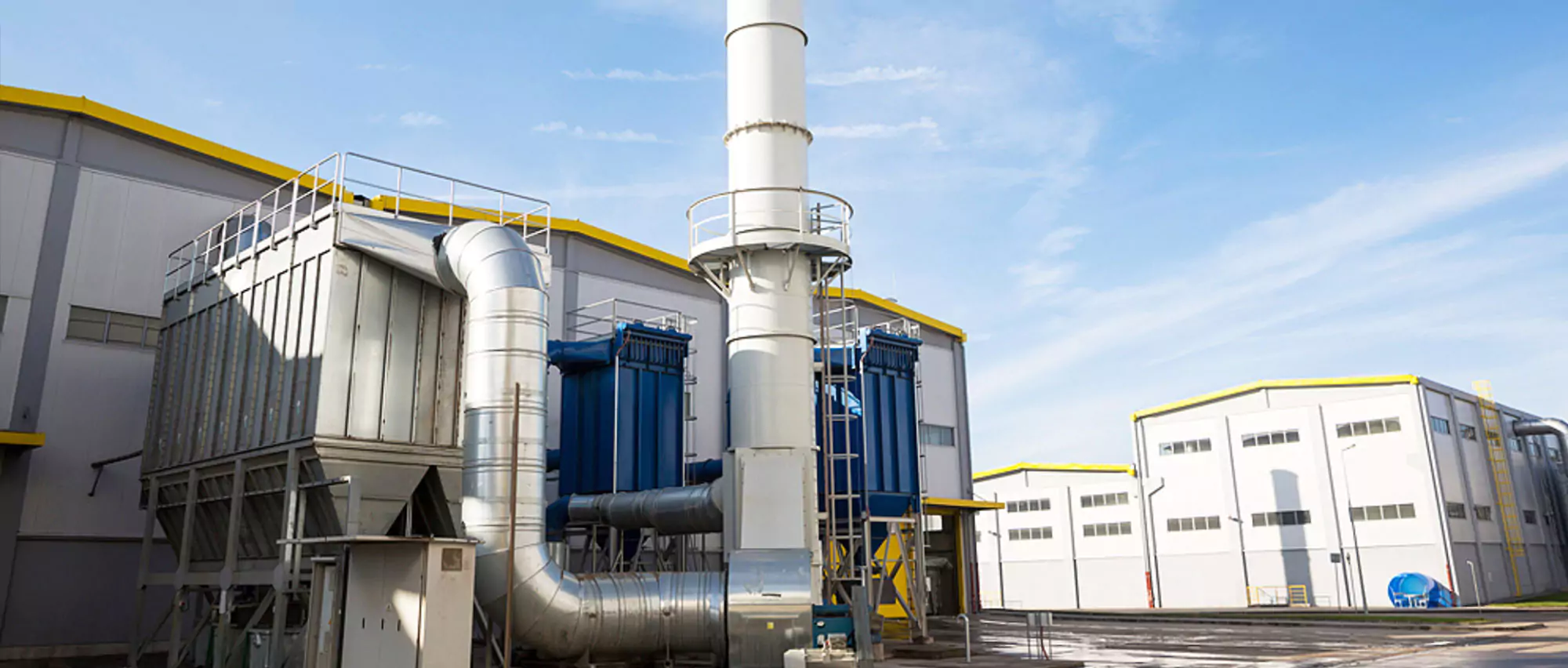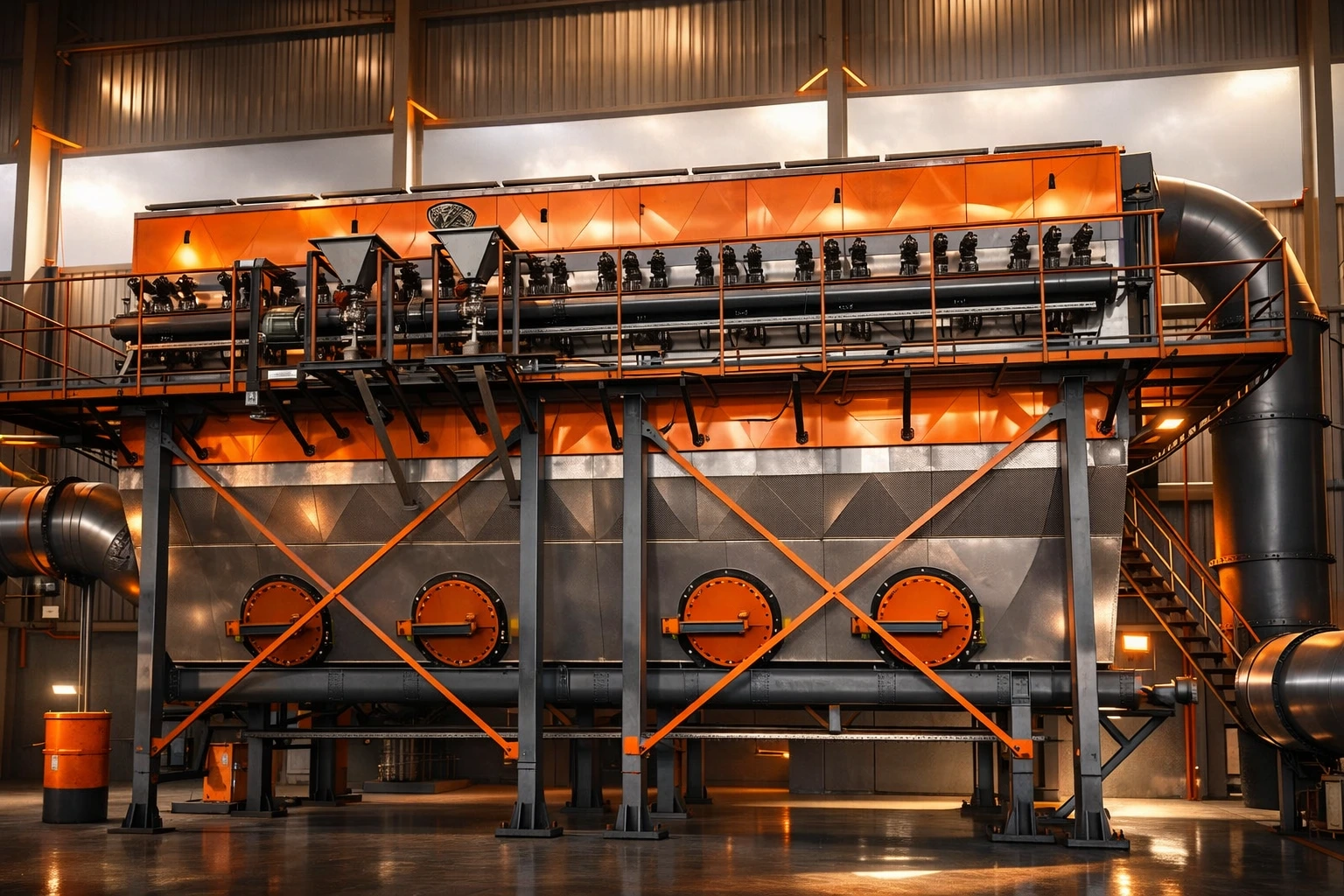Alfa Therm Limited: Advanced Air Pollution Control with Flue Gas Cleaning Systems
As environmental regulations become more stringent across the globe, industries are increasingly turning to cutting-edge technologies to ensure cleaner and safer operations. Alfa Therm, a globally renowned name in pollution control and sustainable waste management, addresses this critical need through its high-performance Air Pollution Control Equipment. Among its flagship offerings is the Flue Gas Cleaning System—a sophisticated solution designed to reduce harmful emissions and maintain compliance with international air quality standards.
What is a Flue Gas Cleaning System?
A Flue Gas Cleaning System is a critical component in industrial emission control, responsible for removing pollutants such as particulate matter, sulfur oxides (SOx), nitrogen oxides (NOx), heavy metals, and dioxins from exhaust gases released during combustion processes. These gases originate from boilers, furnaces, waste incinerators, and other industrial applications. Alfa Therm’s Flue Gas Cleaning System integrates multiple technologies to treat these emissions effectively, helping industries operate sustainably and meet environmental mandates.
Key Features of Alfa Therm Limited Flue Gas Cleaning System
Alfa Therm's Flue Gas Cleaning System is an advanced emission control solution engineered to ensure clean, compliant, and eco-friendly operation of incineration and thermal waste treatment plants.
Multi-Stage Filtration System
Includes scrubbers, filters, and neutralizers for thorough cleaning.
Low Maintenance & Long Life
Built with corrosion-resistant, durable components.
Applications of Alfa Therm Limited Flue Gas Cleaning System
Our Flue Gas Cleaning System serve diverse sectors and applications, including:
- Waste Incineration Plants
- Thermal Power Plants
- Cement and Lime Kilns
- Metal Smelting and Foundries
- Chemical and Petrochemical Industries
- Pulp and Paper Mills

Breathe Easy with Alfa Therm's Flue Gas Cleaning Systems
With rising environmental concerns and tightening regulations, controlling flue gas emissions is no longer optional—it’s essential. Alfa Therm’s Flue Gas Cleaning System offers a robust, scalable, and compliant solution that helps industries protect the environment and secure their operational future.
Choose Alfa Therm and join the global movement toward cleaner air and a healthier planet. Contact us today to learn how our Flue Gas Cleaning System can be customized to meet your specific requirements.



